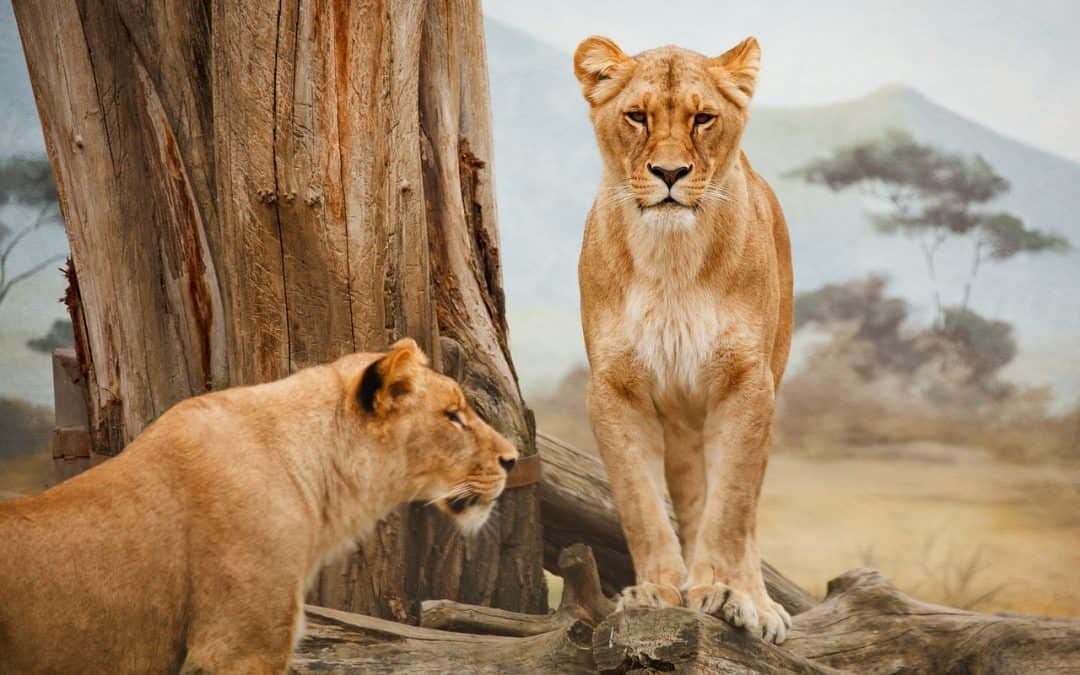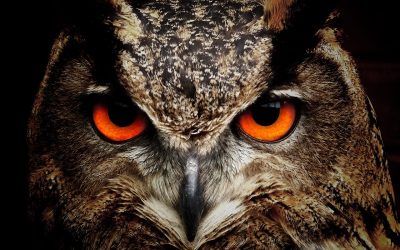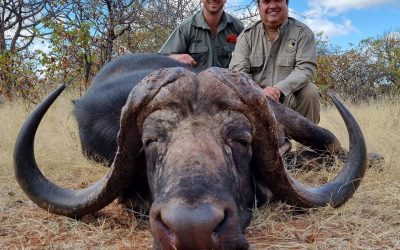Picture yourself deep in the African wilderness, embarking on a thrilling hunting expedition. The thrill of the chase, the anticipation of spotting majestic creatures, and the satisfaction of bringing home a trophy – it’s a hunter’s dream come true. But amidst the beauty and adventure, lies a certain level of danger that must not be ignored. Africa is home to some of the world’s most formidable and fearsome animals, each possessing the power to turn a hunting trip into a life-threatening encounter. In this article, we will explore the dangerous animals that hunters should be aware of while venturing into the wilds of Africa. So, gear up and get ready as we navigate the untamed terrains and reveal the untamed creatures that can add a true element of danger to your African hunting experience. As an avid hunter preparing for a thrilling adventure in Africa, it is crucial to be well-informed about the dangerous animals that roam the continent. Africa is home to a diverse range of wildlife, some of which possess immense power and can be a formidable threat if encountered in the wild. In this comprehensive article, we will delve into the behaviors and characteristics of various dangerous animals in Africa, including big cats, African elephants, hippos and crocodiles, buffalos, rhinos, venomous snakes, and also shed light on hunting strategies, diseases, and firearms safety measures.
Big Cats
Among the most majestic and feared predators in Africa are the big cats, including lions, leopards, and cheetahs. Lions are renowned for their majestic manes and charisma. They typically inhabit grassland and savannah areas, where they form social groups called prides. While encountering a lion on a hunt might be an exhilarating experience, it is essential to remain cautious as lions can be aggressive when cornered or when defending their territory. Leopards, on the other hand, are elusive and primarily nocturnal creatures. Their remarkable ability to climb trees and their incredible strength make them unparalleled hunters. Cheetahs, known for their incredible speed and agility, are solitary creatures that prefer open grasslands. Although they generally avoid confrontations with humans, it is wise to exercise caution when encountering these magnificent animals.
African Elephants
African elephants, the largest land mammals on Earth, possess an imposing presence. Their immense size and strength demand respect and careful consideration when encountered in the wild. These gentle giants are known for their remarkable memory, strong family bonds, and protective nature. When threatened or perceiving danger, African elephants can exhibit charging behaviors as a means of self-defense. It is vital to maintain a safe distance and avoid provoking or startling them to prevent potential harm. As hunters, it is important to exercise caution and respect when navigating through elephant territories.
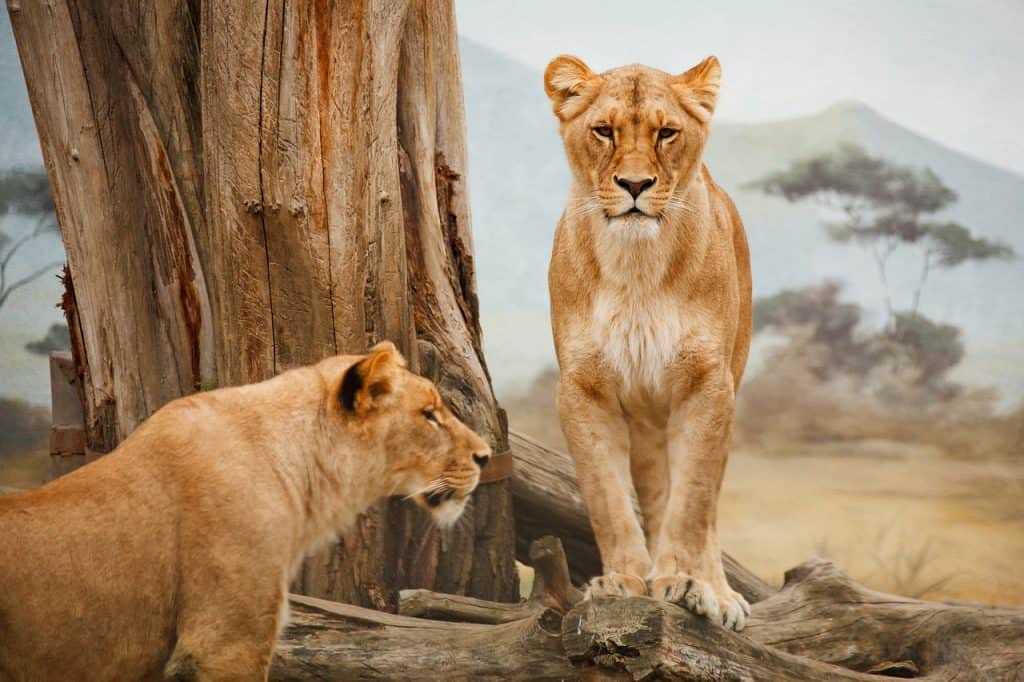
Hippos and Crocodiles
In Africa’s waterways, two formidable creatures command respect and is the hippopotamus and the Nile crocodile. Hippos may seem like docile creatures lounging in the water, but they are responsible for a significant number of fatalities in Africa each year. These semi-aquatic creatures are highly territorial and can become aggressive if their space is invaded. It is crucial to maintain a safe distance, particularly if there are young hippos present. Nile crocodiles, on the other hand, are stealthy and incredibly powerful predators lurking beneath the water’s surface. Their ambush hunting technique makes them a deadly threat to both humans and animals alike. When navigating through the waters of Africa, it is essential to exercise caution and avoid swimming or engaging in activities where these creatures are present.
Buffalos
Cape buffalos, also known as African buffalos, are sizable and imposing creatures that can weigh up to 1,000 kilograms. Their menacing horns and unpredictability make them dangerous if approached without caution. Known to be highly aggressive, they see certain landmarks and territories as their own, defending them fiercely. It is crucial to avoid provoking or startling Cape buffalos, as they can swiftly charge with remarkable speed and strength. Injuries caused by buffalos are not uncommon, and even experienced hunters have fallen victim to these powerful creatures. Adhering to proper safety measures and maintaining a respectful distance is essential when encountering Cape buffalos during a hunt.
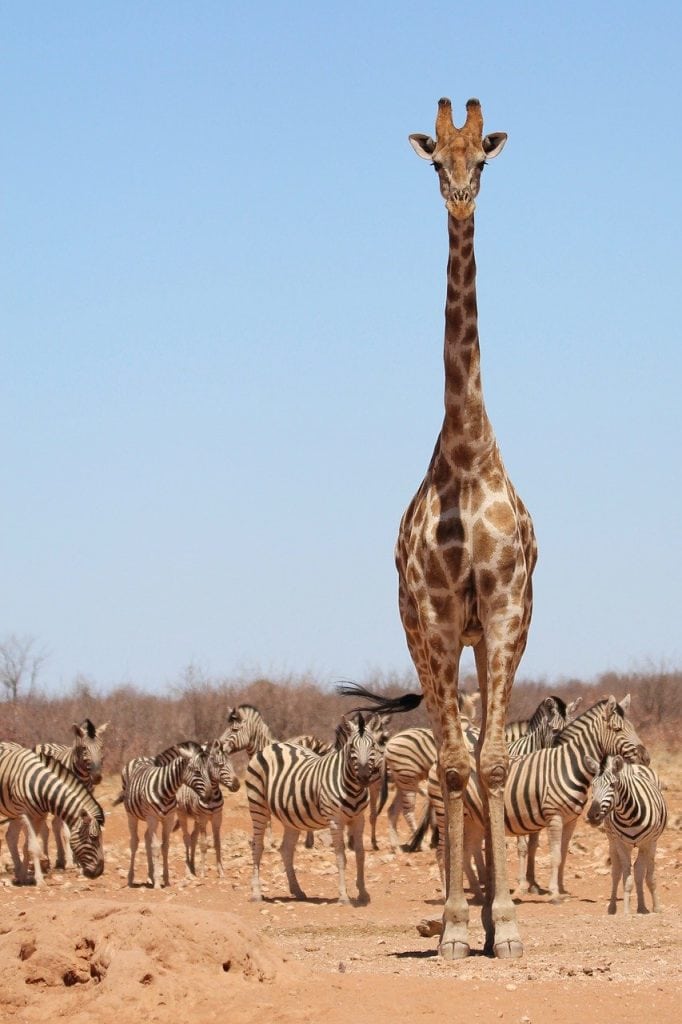
Rhinos
Rhinos are iconic and endangered creatures that are native to Africa. They can be categorized into two main species: black rhinos and white rhinos. Black rhinos are known for their aggressive nature and are more likely to charge when confronted or agitated. White rhinos, although usually more docile, can become dangerous if they feel threatened or if their territory is invaded. Rhinos have poor eyesight, so it is crucial to navigate stealthily and avoid sudden movements in their presence. When it comes to charging situations, it is essential to maintain a safe distance and be prepared to react swiftly if need be.
Venomous Snakes
Africa is home to a variety of venomous snakes, some of which pose a significant threat to humans. Among the most dangerous are the black mamba, puff adder, and spitting cobra. The black mamba, known for its incredible speed and potent venom, is considered one of the deadliest snakes in the world. Puff adders possess excellent camouflage and are responsible for numerous snakebite fatalities in Africa. Spitting cobras, as the name suggests, are known for their ability to accurately spit venom into the eyes of their attackers, causing severe pain and potential blindness. When hunting in Africa, it is crucial to be aware of these venomous snakes’ habitats and exercise caution at all times to prevent potential encounters.
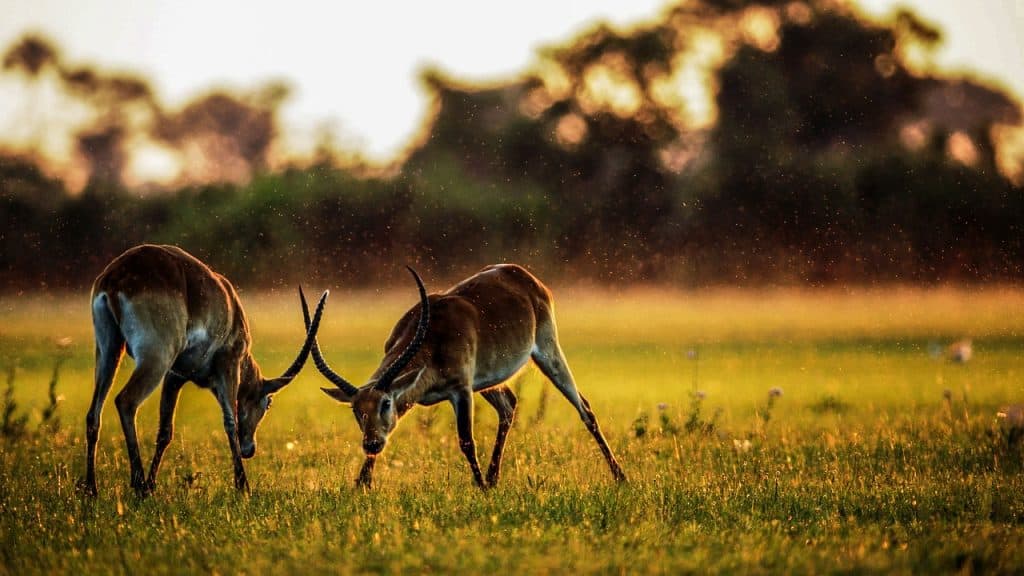
Hunting in Pairs or Groups
When venturing into the African wilderness, safety should always be the top priority. Hunting in pairs or groups offers numerous advantages for hunters. The concept of safety in numbers holds true in the wild, as animals are less likely to attack a larger group of humans compared to an individual. Additionally, hunting in pairs or groups allows for greater vigilance and a higher chance of spotting potential dangers. Alertness and communication are vital during a hunt, as they enable hunters to share information, warn of possible threats, and coordinate movements effectively. By sharing responsibilities and relying on one another’s strengths, hunters can enhance their safety and ensure a successful and incident-free expedition.
Diseases and Insects
While dangerous wildlife poses a significant threat while hunting in Africa, it is essential to be aware of potential diseases and insects that can also cause harm. Malaria, a mosquito-borne disease, is prevalent in many African countries and can be a serious health concern. African sleeping sickness, transmitted by tsetse flies, is another disease hunters should be cautious of. These flies are most active during the day and inhabit wooded areas, making it important to take preventative measures such as wearing protective clothing and using insect repellent. Ticks and tsetse flies can also transmit diseases, and regular checks for ticks and appropriate medical precautions are necessary to avoid infection.
Unpredictable Wildlife
One of the most intriguing aspects of hunting in Africa is the unpredictable nature of its wildlife. Animals can display changing behavior patterns influenced by factors such as weather, food availability, and mating seasons. Understanding the behaviors and habits of wildlife can contribute to a safer and more successful hunting experience. Territorial encounters, where animals defend their space, can result in aggressive behavior. It is important to be aware of these encounters and navigate accordingly to prevent potential confrontations. Avoiding surprises requires constant vigilance and adapting to the ever-changing conditions of the African wilderness.
Firearms and Safety Measures
When embarking on a hunting expedition in Africa, adequate firearms and safety measures are essential for both the successful hunt and the protection of oneself and fellow hunters. Choosing the right firearms for African game is crucial, as different animals require different calibers and ammunition. It is vital to consider the size, power, and behavior of the target species. Proper handling and storage of firearms are of utmost importance to prevent accidents or unauthorized access. Familiarize yourself with local gun laws and regulations to ensure compliance and avoid legal complications. By prioritizing firearms safety measures, hunters can enjoy a secure and responsible hunting experience in Africa.
In conclusion, hunting in Africa offers an unparalleled thrill and adventure, but it is crucial to be aware of the dangerous animals that inhabit the continent. From big cats to African elephants, hippos, crocodiles, buffalos, rhinos, venomous snakes, and more, understanding their behaviors and characteristics is essential for a safe and successful hunt. Additionally, being knowledgeable about diseases, unpredictable wildlife, and firearms safety measures ensures a responsible and enjoyable hunting experience. So prepare yourself, respect the wild, and embark on an incredible African hunting expedition armed with knowledge and a sense of adventure.

